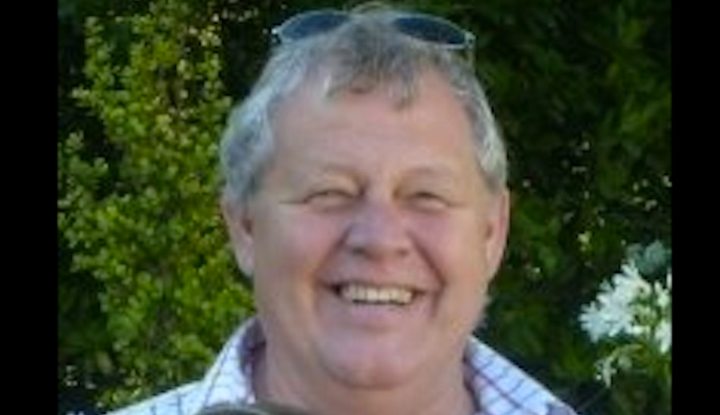Africa
In defiance of Westgate Oblivion: The life of James Thomas

Modern life being what it is, I learned of James Thomas’ death on Facebook, some 18 hours after Kenyan authorities had confirmed his murder at the hands of al-Shabaab in Westgate Mall, Nairobi. Modern work life being what it is, full comprehension of the status updates bloomed like a poison flower in my brain while colleagues four feet away from me coincidentally watched YouTube footage of the attack. The shock pulsed with each tinny pop of gunfire from their laptop speakers until I cobbled together the words to ask them to pause the playback. This is the man for whom I asked them to stop. By SIMON HARTLEY.
James found himself in Westgate Mall last Saturday on a grocery run with Kenyan work associates, with whom he was trialling a game-based entrepreneurial skills development program he had designed. It is now widely reported that James had ambled a few feet from his colleagues when the shooting started. He was no doubt killing time while they paid for their items at the supermarket check out. I imagine he might have had his hands in his pockets, looking to the ground and stepping small circles as he did when he had a moment to himself.
I first spied that thinking gait of his on a music rehearsal retreat in 2009 for the Cape Town Youth Choir (formerly Pro Cantu), of which I was a newly-minted member and James a crucial agent of the administration as Chairman, a role he maintained with the support of his wife of 33 years, Colleen, until long after both his daughters and his son-in-law had left the choir.
Suspend your disbelief for a second: there are tens and tens of people in Cape Town who will forfeit a weekend for the sake of rehearsing music. James and I were among them.
“Making music” in the truest sense of the phrase is emotional alchemy and the marks it leaves on both musicians and listeners are indelible. I’ve found this to be particularly true of music made with the voice. More simply, singing with someone and sharing music with an audience is a deeply intimate experience. As a singer you are laid bare. You are there, vulnerable before your fellow singers and the audience. And if the audience joins you in the moment, you enjoy something of a shared catharsis. And yes, like all stimulus-response highs, the resulting endorphin payload is very, very addictive.
At practice and on tour we regularly sang for our own pleasure, for our own intimacy. James was often our only audience in these moments and, unfailingly, he joined in the moment. His two daughters and son-in-law sang in the Cape Town Youth Choir and his wife is herself a musician.
A local of Cape Town’ southern suburb of Mowbray, James had a strong interest in entrepreneurial development and poverty eradication, putting in stints at the South African Institute for Entrepreneurship, Liquid Icon, the Allan Gray Orbis Foundation, Unicef and the Kenya Markets Trust. He also founded Triple Trust Organisation, a local NGO dedicated to agitating participation in the marketplace in poor communities. Invariably, even his work life had a way of coming back to music.
Mohau Thomahane is a Year Explore scholarship recipient from the Allan Gray Orbis Foundation and current member of the Cape Town Youth Choir, who met James through his work at the foundation’s Organisational Development department.
“It wasn’t until the start of this year that he had heard some of my SoundCloud recordings. I remember it so vividly. We sat there talking, delighting in the realisation that we both shared a passion for music. It truly humbles me that without this great man I would never have come to be part of this group of inspiring and loving musicians,” said Thomahane.
When the shooting started James was separated from his colleagues, who mercifully escaped the attentions of the terrorists. I wish to God that he had been in his hotel room, or in a meeting at his Mowbray offices, or at a choir practice, calling someone aside in time to catch the sweet spot of a song.
Music is an infinitely more nuanced vehicle for meaning than the written word. On that note, if we were to choose something that might express our grief, Eric Whitacre’s When David Heard would be top of the list.
Similarly, Morten Lauridsen’s O Magnum Mysterium illustrates the beauty of a singing bond – the bond that we shared with James – better than any combination of words I could muster.
James was a man of many virtues, but he really, really understood what music could do to a person. You don’t get many of those.
So it stands to reason that the best illustration of James’ life would be a song sung privately by the Cape Town Youth Choir in the dressing room after every performance.
It always was, and always will be the Servant Song by Richard Gillard. DM


















 Become an Insider
Become an Insider